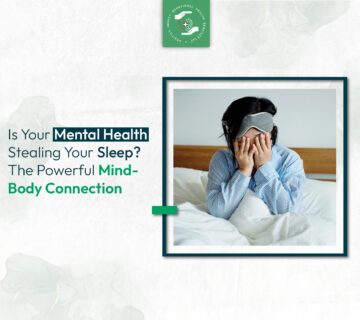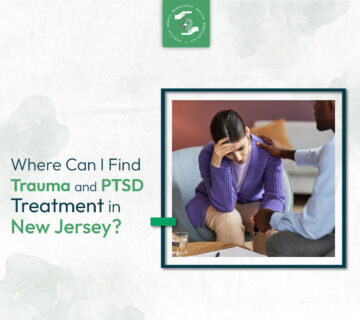Psychoeducational groups are a valuable resource for individuals seeking knowledge and support. These groups cover a wide range of topics, providing participants with essential information and coping strategies. In this blog, we’ll explore the key topics that are often covered in psychoeducational groups, helping you understand what to expect.
Understanding Mental Health Conditions
Participants are often introduced to various mental health conditions, including their symptoms, causes, and effects, to create awareness and understanding. This foundational knowledge helps individuals better comprehend not only their own experiences but also the experiences of others within the group. By exploring these conditions in depth, such as anxiety, depression, and PTSD, group members learn that they are not alone in their struggles. Further, they gain insights into the impact of mental health on everyday life.
During these sessions, participants might discuss how different mental health disorders can affect thoughts, emotions, and behaviors. Such discussions often involve exploring the biological, psychological, and social aspects of mental health problems, shedding light on complex issues that contribute to the development of these conditions.
Understanding the complexities surrounding mental health conditions also includes debunking common myths and stereotypes. By addressing misconceptions, psychoeducational groups aim to reduce stigma and encourage empathy, promoting a more inclusive environment.
Developing Coping Strategies
Groups teach practical coping mechanisms that can be used daily to manage stress, anxiety, and other challenging emotions effectively. These strategies include mindfulness techniques, which empower participants to stay grounded and promote well-being. Mindfulness, as discussed in the context of trauma recovery, reinforces presence and awareness, enabling individuals to manage distressful experiences.
Another valuable coping strategy explored is visualization, which involves creating mental images to promote relaxation and reduce anxiety. Guided imagery, for example, can help participants envision calming scenarios, aiding their ability to remain composed during stressful situations.
Additionally, participants learn essential stress management techniques such as deep breathing exercises, which they can incorporate into their daily routines. These techniques offer tangible tools for reducing tension and enhancing overall emotional regulation.
By developing personalized coping plans, individuals find constructive ways to address their unique challenges. Group support often plays a crucial role in reinforcing the application of these strategies, creating a sense of accountability and shared progress.
Improving Communication Skills
Effective communication is crucial in dealing with mental health issues. These groups focus on enhancing listening and speaking skills to help express feelings and needs. Participants engage in exercises designed to foster active listening and empathetic responses, which are key components of building stronger connections.
Role-playing scenarios are often used to practice communication in various contexts, providing a safe space to experiment with expressing vulnerability and assertiveness.
In psychoeducational groups, there’s also an emphasis on understanding non-verbal communication cues. Participants learn to recognize body language and facial expressions, skills that enhance interpersonal understanding and connection.
Through these activities, individuals gain confidence in their ability to communicate effectively, ensuring that both their needs and the needs of their peers are understood and respected.
Promoting Wellness and Self-Care
Wellness topics, including nutrition, exercise, and mindfulness, are explored to support overall health and well-being. Groups teach the importance of maintaining a balanced lifestyle as an integral part of mental health management. Participants often discuss how these elements contribute to a holistic approach to self-care.
Part of the discussion also involves emotional health services, which play a pivotal role in achieving wellness. These services emphasize emotional regulation and stress reduction, offering tools to navigate life’s challenges positively.
The promotion of self-care is personalized within the group, helping each participant identify activities that resonate with them. Whether it’s journaling, engaging in physical activities, or practicing mindfulness, individuals are encouraged to find what best supports their personal growth and mental health maintenance.
A major takeaway from these sessions is the recognition that self-care is not a luxury but a necessity. By cultivating a self-care routine, individuals fortify their resilience and enhance their capacity to cope with adversities.
Empowering Your Mental Health Journey
Psychoeducational groups offer a supportive environment where individuals can learn and grow. By covering topics such as understanding mental health, developing coping strategies, improving communication skills, and promoting wellness, these groups empower participants to take charge of their mental health journey. If you’re considering joining a psychoeducational group, knowing the topics covered can help you make an informed decision and reap the benefits.






No comment